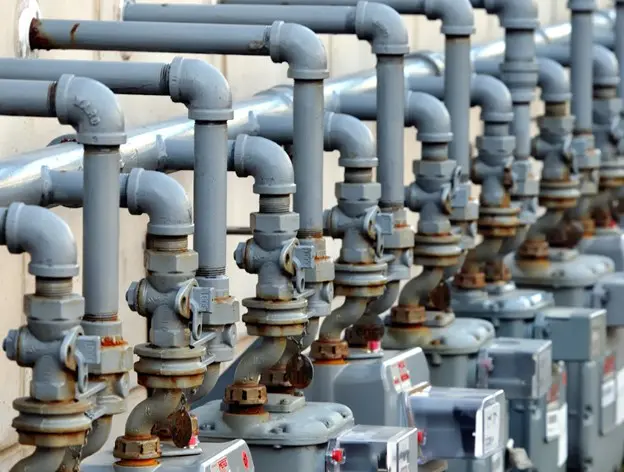A utility plan to replace gas with climate-friendly fuels is deeply flawed, according to new report
Using so-called green hydrogen to heat homes and other buildings would require so much electricity to simply manufacture the gas that it would consume all the wind power Massachusetts expects to be generating by the end of the decade, a new report concludes.
The report’s authors said that would derail the state’s plans to rely on clean electricity as the main fuel driving a carbon-free economy and should cast doubt on any proposal to lean on green hydrogen as a fuel for home heat.
Hydrogen does not produce greenhouse gas emissions when burned, making it an attractive fuel of the future. But traditional manufacturing has commonly required large amounts of natural gas. Green hydrogen, on the other hand, is produced without fossil fuel, relying instead on water and carbon-free electricity.
But clean energy advocates disagree, noting that the state’s own climate plan calls for a majority of homes to use electric heat pumps for heating and cooling, which are far more efficient than gas.
“As the report highlights, pathways that rely on using local renewable electricity to generate hydrogen for heating buildings are going to require more than three times as much renewable electricity,” said Ben Butterworth, director of climate, energy and equity analysis for the advocacy group Acadia Center.
Moreover, he said, the utilities’ plans also call for a large amount of renewable natural gas, also known as biomethane, which he said is “extremely limited in quantity, expensive and better used in hard-to-electrify sectors of the economy.”
You can find the complete article here.




















Follow us